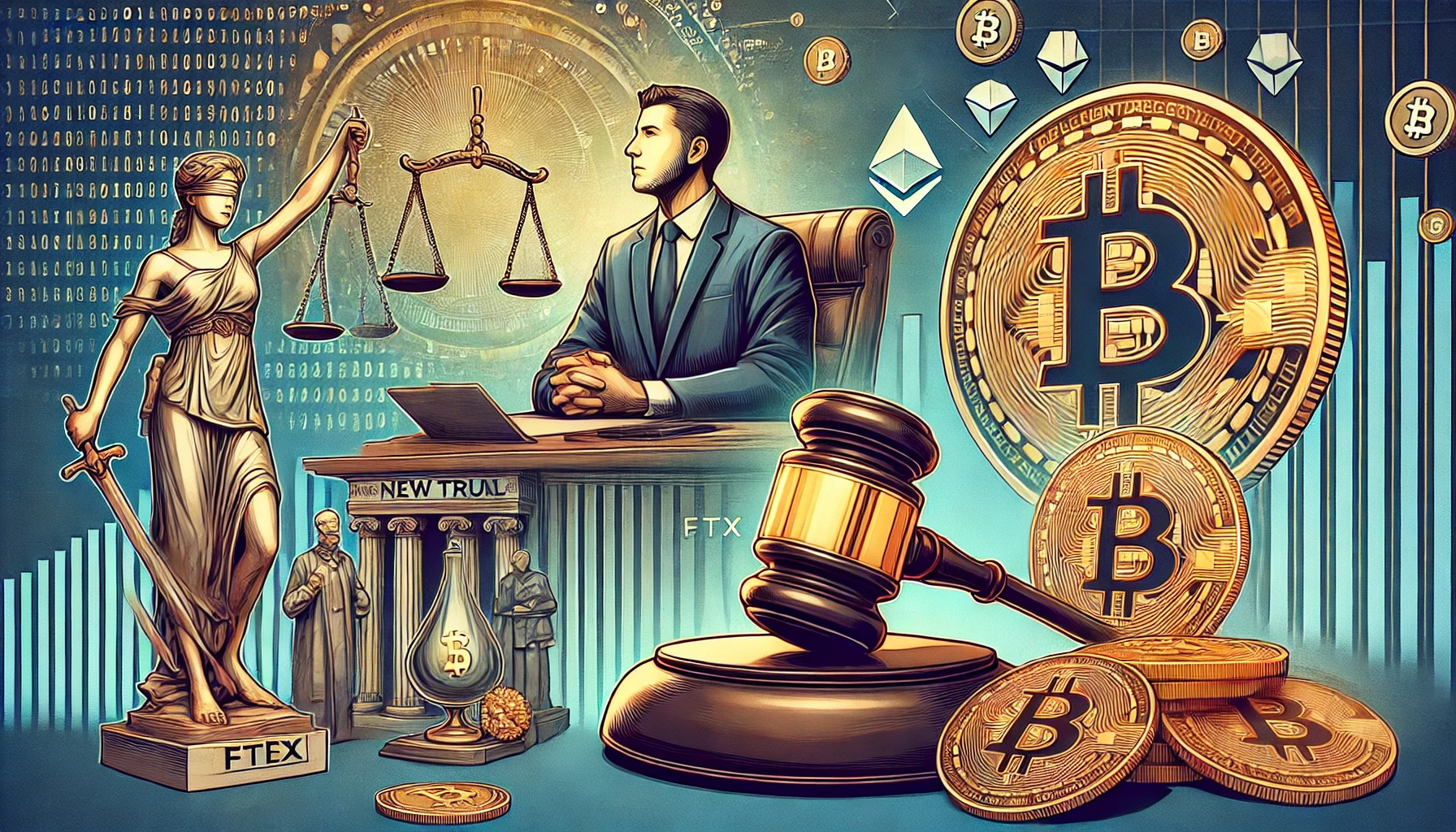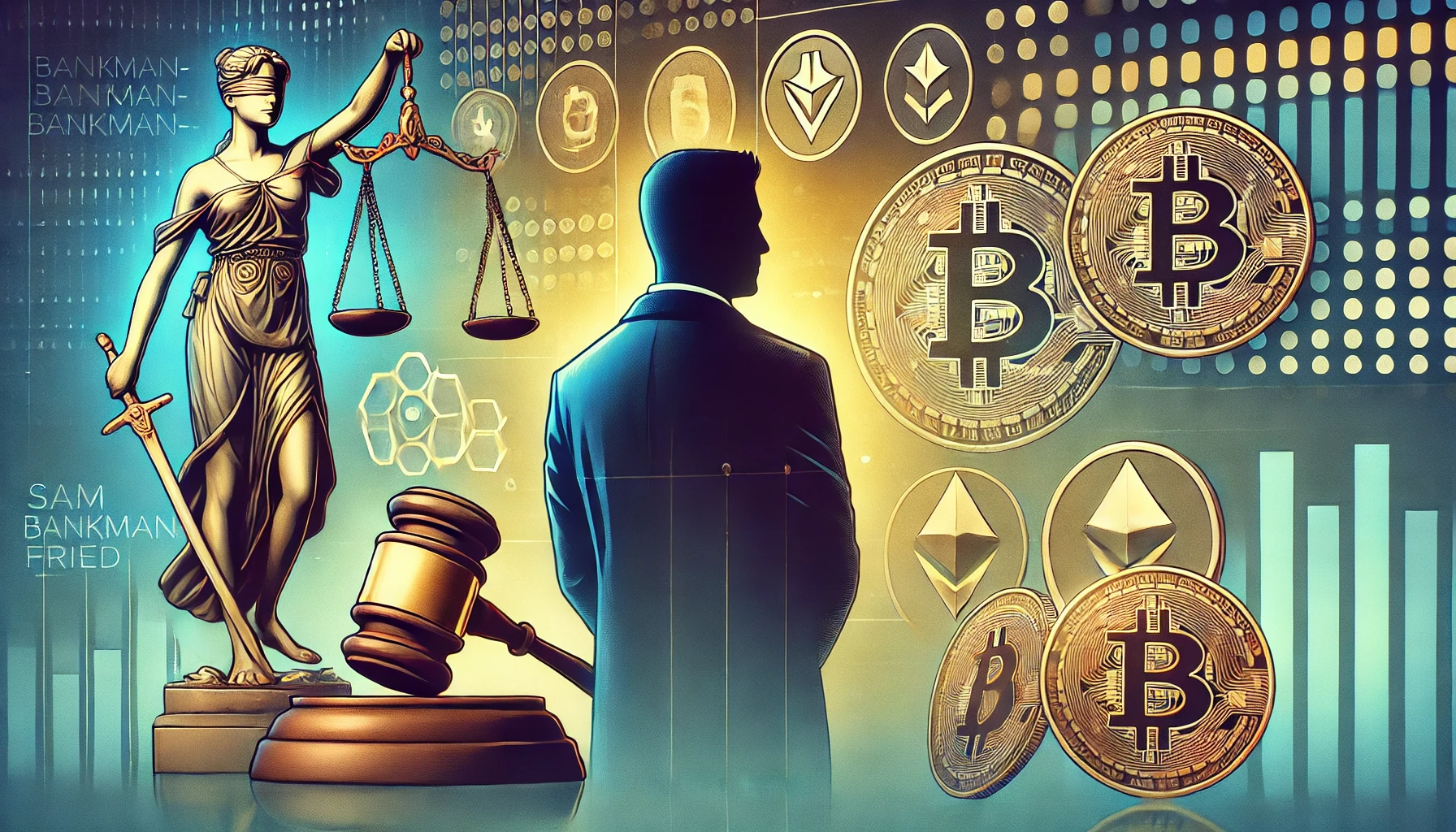Former FTX CEO Sam Bankman-Fried has formally requested a new trial, citing claims of judicial misconduct during the legal proceedings. The request follows allegations that Bankman-Fried was unable to present crucial evidence during his trial.
Bankman-Fried’s lawyer, Alexandra Shapiro, sharply criticized the way U.S. District Judge Lewis Kaplan handled the case, arguing that significant procedural unfairness occurred throughout the trial.
Former FTX CEO Seeks New Trial Amid Allegations of Judicial Misconduct
Sam Bankman-Fried, the former CEO of the cryptocurrency exchange FTX, has officially requested a new trial. His defense team claims that key procedural errors and biases impacted the fairness of the initial trial. The request argues that Bankman-Fried was treated unlawfully, affecting the outcome of the case.
Procedural Violations Highlighted in Bankman-Fried’s Appeal
In a 102-page filing submitted to the U.S. Second Circuit Court of Appeals, Shapiro outlined several major grievances. One of the primary points of contention was that Judge Kaplan prevented Bankman-Fried from testifying about his consultations with legal advisors during critical business decisions. Shapiro argued that this significantly hindered his defense.
Core Issues in Case Management and Evidence Presentation
The appeal suggests that Bankman-Fried was seen as guilty before formal charges were even filed. Media coverage and creditor statements painted a prejudiced picture, and federal prosecutors allegedly accelerated the process to seek quick resolutions. Shapiro claims that Judge Kaplan’s bias further complicated these issues.

Media and Public Perception’s Role in the Trial
Shapiro also pointed to the intense media coverage before the trial, arguing that it tainted public perception and potentially influenced the jury pool. She compared the treatment of Bankman-Fried to notorious cases like Bernie Madoff, asserting that such comparisons undermined the fairness of the trial.
FTX and Alameda’s Financial Standing Under Debate
Another focal point of the filing was the financial status of FTX and its affiliate Alameda Research. Shapiro contends that the court prevented the presentation of evidence showing that neither company was close to the bankruptcy that was being alleged. This exclusion, according to the defense, created a misleading narrative for the jury.
Inconsistencies in Asset Mismanagement Claims
Prosecutors accused Bankman-Fried of misusing billions for luxury spending and political donations. Shapiro, however, argued that these claims were manipulated to unjustly place the blame solely on Bankman-Fried. She also stated that the mismanagement by other parties was a significant factor that was overlooked during the trial.
In summary, Bankman-Fried’s defense has raised serious concerns about the fairness of his trial, highlighting media bias, judicial errors, and the exclusion of critical evidence. The appeal seeks to address these issues and potentially lead to a retrial where a more balanced presentation of the facts can occur. As the legal battle continues, the cryptocurrency community closely watches the developments, anticipating the potential impact on future legal cases within the industry.
For further updates on this case and more, stay tuned to Deythere.










